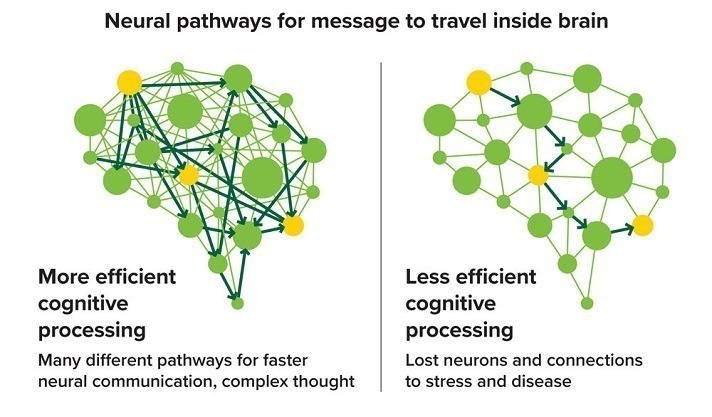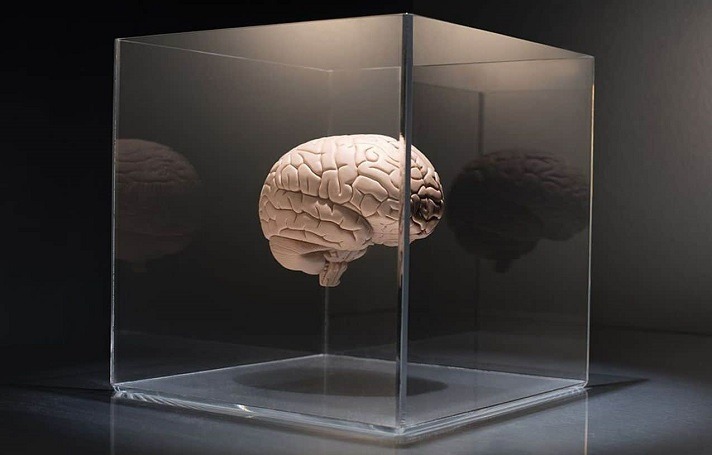Posts Tagged ‘cognition’
Study: Building cognitive reserve helps delay memory and thinking decline regardless of genetic or childhood markers
Building cognitive reserve could protect against memory and thinking decline, even with low childhood cognition scores (Alzheimer’s Research UK): New research suggests that people who develop high ‘cognitive reserve’ by the time they reach 69 years old may reduce their likelihood of memory and thinking decline, even with low childhood cognitive abilities. The study was…
Read MoreQ&A with researcher Robb Rutledge on mental health, expectations, decision-making and, yes, holiday planning!
Have you ever looked forward to a concert, beach vacation, or party only to find yourself not enjoying it as much as you thought you would? You may be suffering from overly high expectations, says psychologist Robb Rutledge of Yale University. Rutledge and his colleagues have been using smartphone-based data collection (via a free app called…
Read MoreUpdate: Playing videogames may be more cognitively beneficial than other forms of screentime like social media, watching videos/ TV
Welcome to a new edition of SharpBrains’ e‑newsletter, featuring timely brain & mental health news and a fun brain teaser to put your temporal lobes to good use :-) #1. Study finds that playing videogames may be more cognitively beneficial for children than other forms of screentime (social media, watching videos/ TV) “Here, we estimated the impact…
Read MoreLarge neuroimaging study finds social isolation to be an early indicator of increased dementia risk
Why do we get a buzz from being in large groups at festivals, jubilees and other public events? According to the social brain hypothesis, it’s because the human brain specifically evolved to support social interactions. Studies have shown that belonging to a group can lead to improved wellbeing and increased satisfaction with life. Unfortunately though, many…
Read MoreDual decline in gait speed and memory function seen as most predictive of future dementia
Walking Speed Helps Predict Future Dementia (MedPage Today): Dual decline in gait speed and cognition carried a higher risk of dementia than either gait-only decline or cognitive-only decline, reported Taya Collyer, PhD, of Monash University in Victoria, Australia, and co-authors, in JAMA Network Open…
Read MoreStudy finds that playing videogames may be more cognitively beneficial for children than other forms of screentime (social media, watching videos/ TV)
Many parents feel guilty when their children play video games for hours on end. Some even worry it could make their children less clever. And, indeed, that’s a topic scientists have clashed over for years. In our new study, we investigated how video games affect the minds of children, interviewing and testing more than 5,000 children…
Read More




